Enhancing Indoor Air Quality: Integrating Fresh-Air Ventilation into Your HVAC System
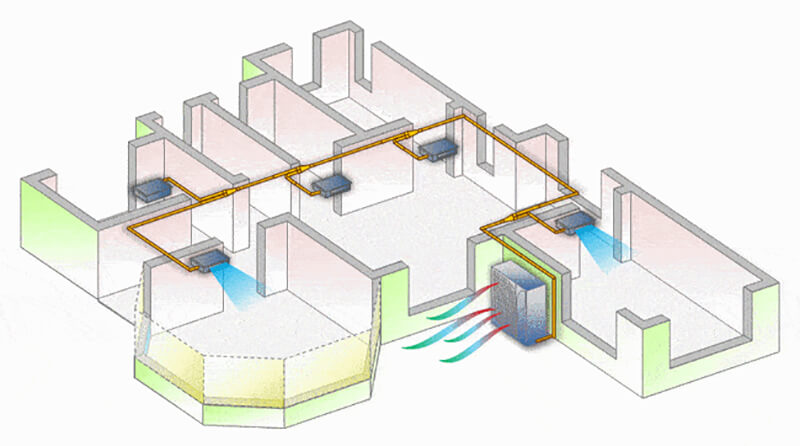
While traditional HVAC systems focus on heating, cooling, and circulating indoor air, integrating fresh-air ventilation adds a new dimension to these systems. This integration allows for a continuous supply of fresh air, significantly improving indoor air quality.
Troubleshooting HVAC Rattling Noises
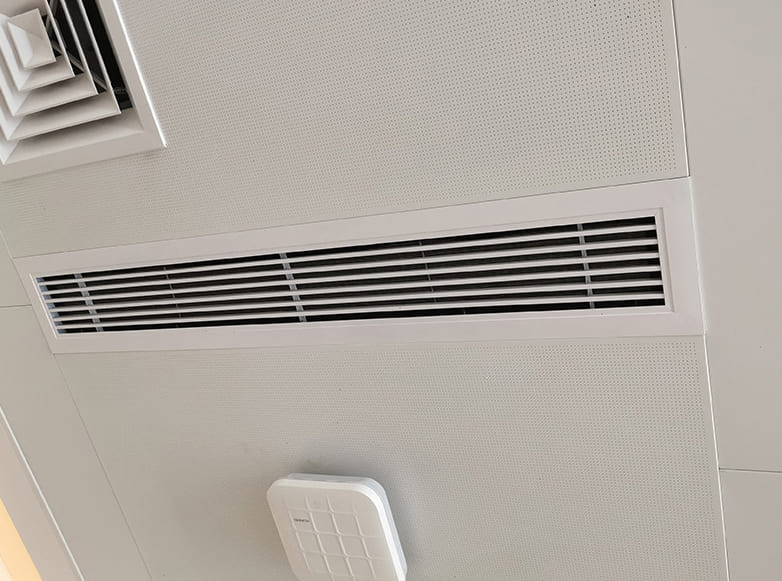
Is your HVAC system making an annoying and persistent rattling noise that’s disrupting your peace and comfort at home? You’re not alone. For many homeowners, this unsettling sound is a cause for concern and can be a sign of underlying issues within their heating, ventilation, and air conditioning (HVAC) systems. A properly functioning HVAC system is crucial for maintaining a comfortable indoor environment, especially during extreme weather conditions.
Choosing the Perfect HVAC System for High-Rise Condo Developments
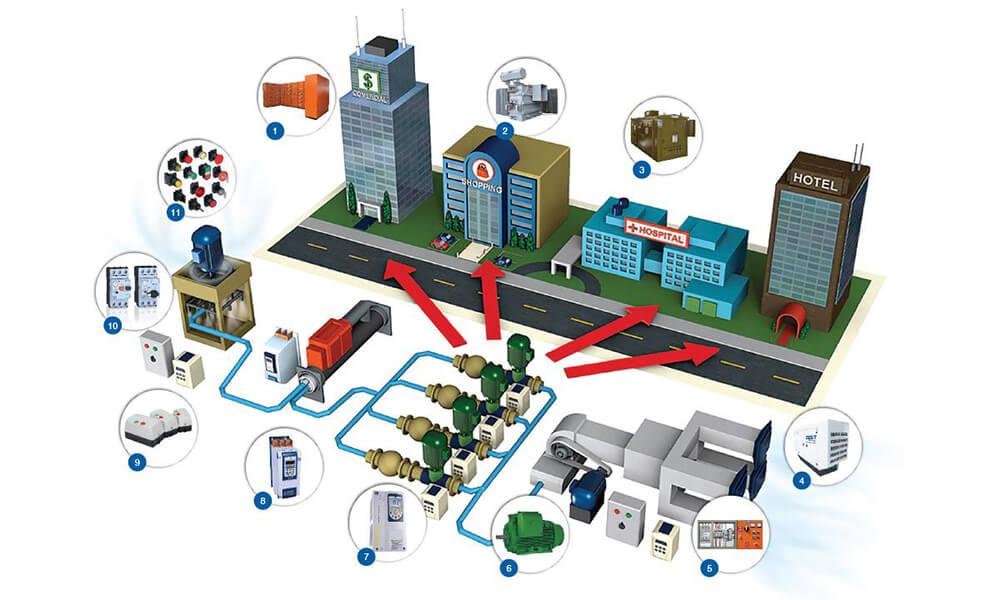
HVAC systems in high-rise condo buildings help control heating, cooling, and air quality in these tall structures. They need to work hard to push air to all the floors, making sure everyone gets enough warm or cool air. These systems usually have big units on the roof or in the basement, with ducts that carry the air to different condos. It’s important to design these systems well so they don’t use too much energy and keep everyone comfortable. Regular checks and fixes are needed to keep everything running right. These HVAC systems are complicated but very important for making life in high-rise condos comfortable.
When to Replace Your AC Vent Covers: Key Signs
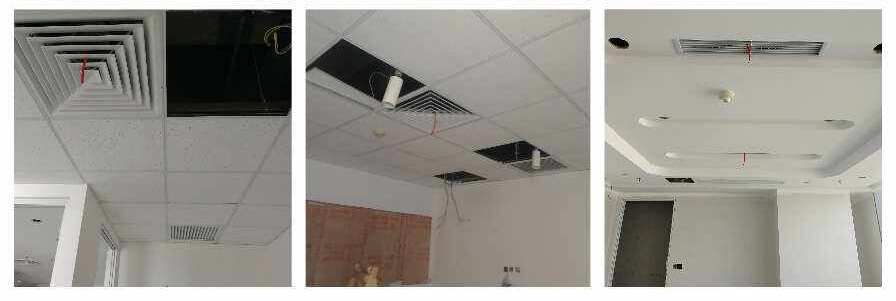
Vent covers serve to protect the ductwork from dust, debris, and other intrusive elements, ensuring cleaner air circulation. Damaged or outdated vent covers can impede airflow, affecting the efficiency of the air conditioning system.
Unveiling the Vital Role of Air Diffusers in Your Home’s HVAC System
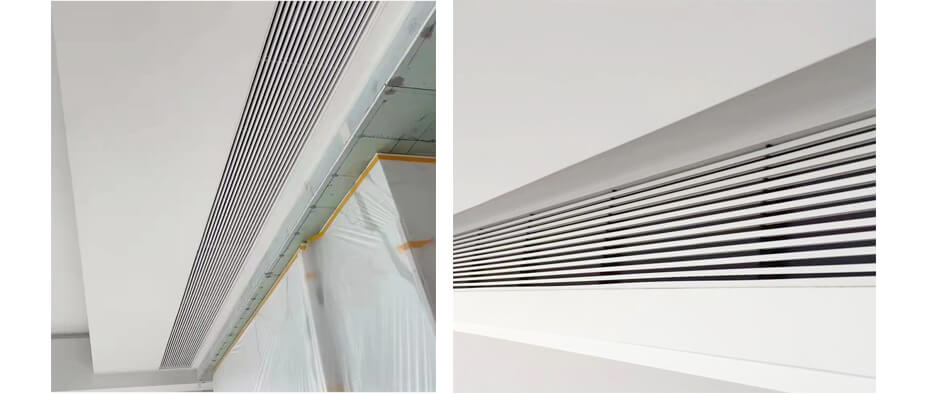
air diffusers are responsible for ensuring that conditioned air is distributed evenly throughout your living spaces. They help regulate temperatures, control humidity and even contribute to better indoor air quality. Understanding the significance of air diffusers in your HVAC system can shed light on their impact on your daily life and comfort.
Optimal Direction for Ceiling Registers: Inward or Outward?
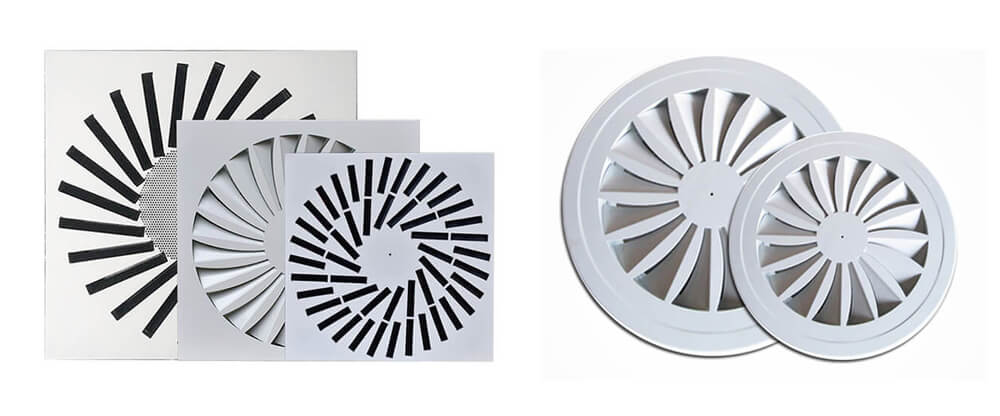
Ceiling registers in HVAC systems can be either inward or outward types. Inward registers pull air into the system to be heated or cooled, helping to keep fresh air moving in a room. Outward registers do the opposite; they push conditioned air (warm or cool) back into the room. This helps spread the air evenly and keeps the room at a comfortable temperature. The choice between inward and outward registers depends on what’s needed for the specific heating and cooling system and the layout of the space they are in. Both types are important for controlling the room’s temperature and keeping the air fresh.
Demystifying HVAC Diffusers: What You Need to Know
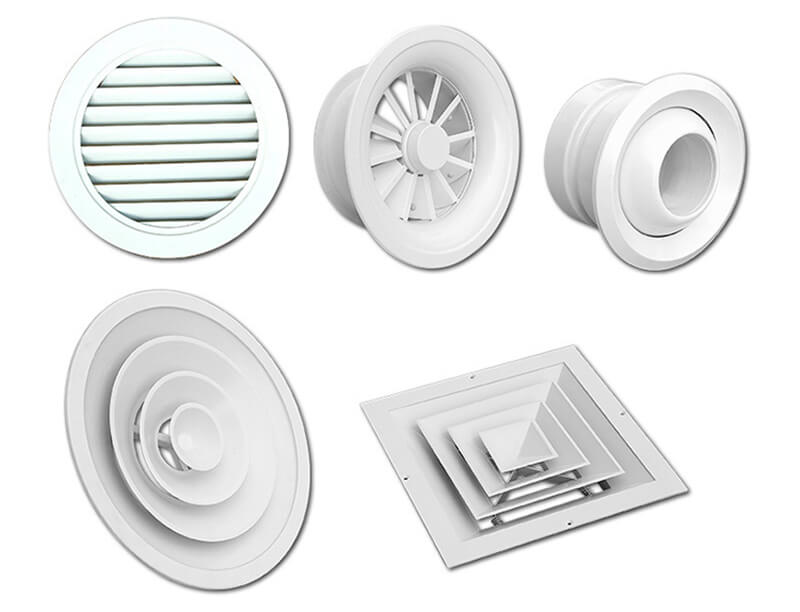
HVAC air diffusers are parts of heating and cooling systems that spread air around a room. They are usually found on walls, ceilings, or floors and help make sure the air in a room is evenly warm or cool. Different types of diffusers are used for different kinds of rooms and buildings. Their main job is to control how fast and in which direction the air flows, making the room more comfortable to be in. They are important for keeping the temperature steady and making sure the air quality is good inside buildings.
Deciphering the Distinction Between HVAC and Air Conditioning
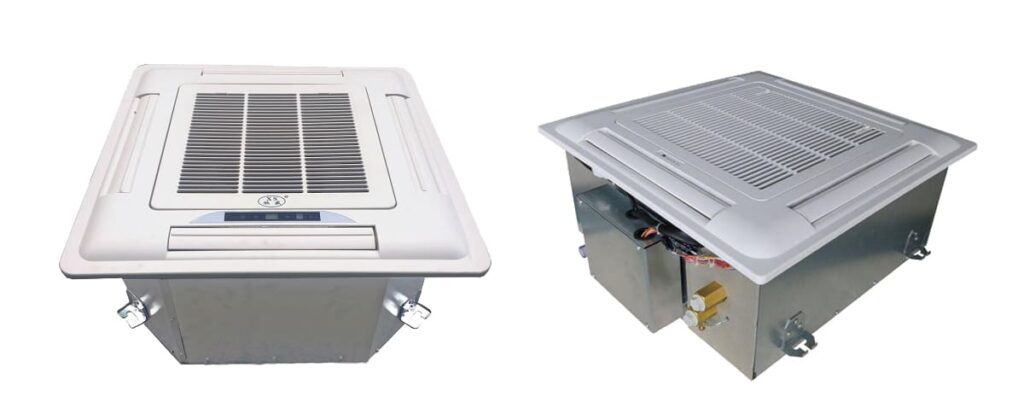
In the realm of climate control for homes and buildings, two terms often find themselves in the spotlight: HVAC and air conditioning. These terms are frequently used interchangeably, but beneath the surface, they carry distinct differences that can impact the comfort and efficiency of indoor spaces. In this comprehensive guide, we will delve into the world of HVAC (Heating, Ventilation, and Air Conditioning) and air conditioning to shed light on their unique roles and functions.
Nozzles vs. HVAC Diffusers: Spotting the Key Differences

Nozzles are devices designed to control the direction and velocity of air or fluid within an HVAC system. They are often used in industrial settings and specialized HVAC configurations. On the other hand, HVAC diffusers are engineered to distribute conditioned air evenly throughout rooms or spaces in a way that ensures comfort, minimizes drafts, and maintains indoor air quality.
Energy Efficiency 101: Selecting the Best HVAC Accessories
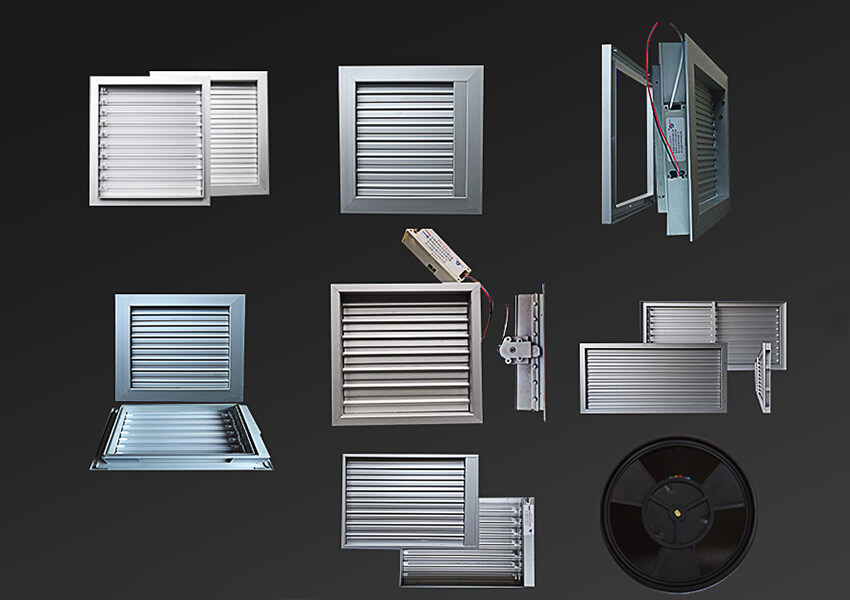
HVAC accessories, often considered the unsung heroes of energy efficiency, have the potential to significantly enhance the performance of your HVAC system. These accessories offer an array of benefits, from improved temperature control to better indoor air quality (IAQ), and they play a pivotal role in achieving energy savings that translate into reduced utility bills.
